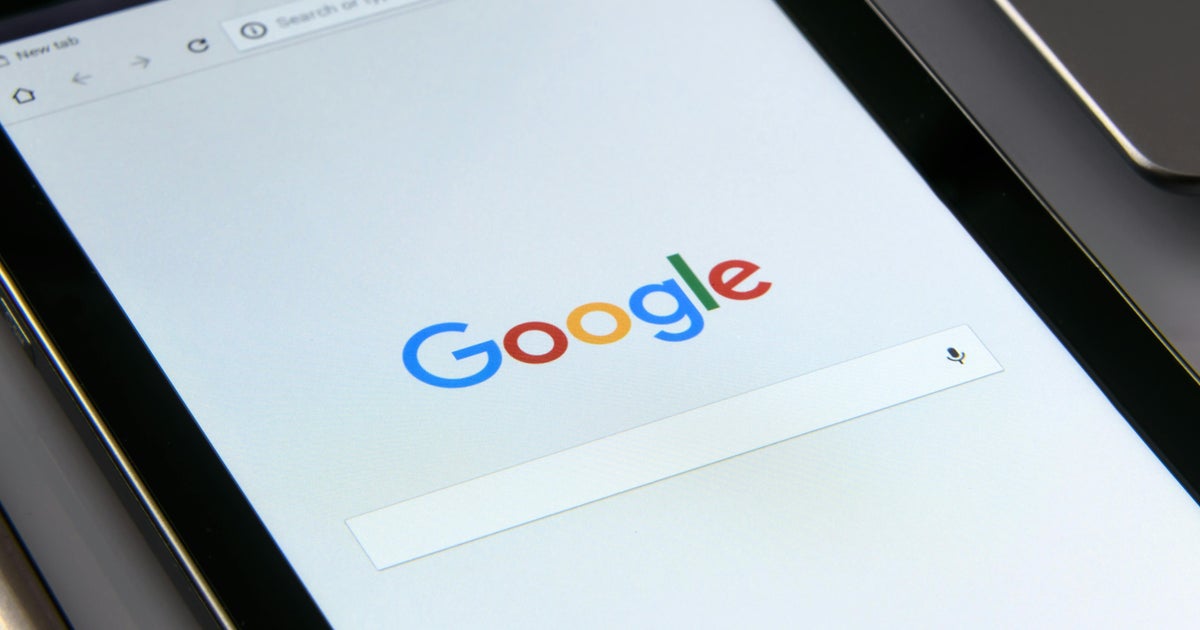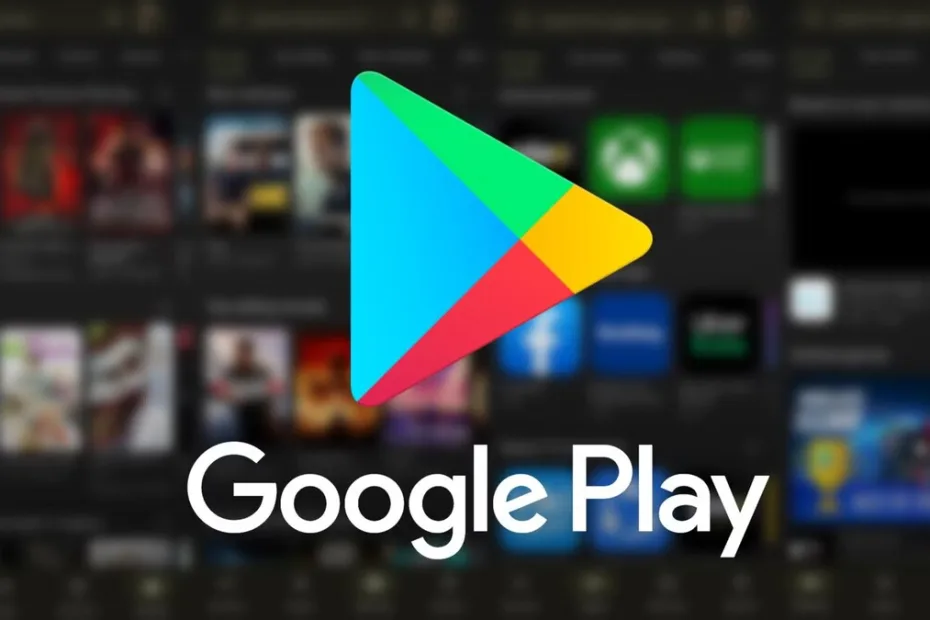Google and Epic Games have reached a settlement that could reshape the Android ecosystem by allowing third-party app stores more freedom. This deal follows years of legal battles over app distribution, fees, and competition, and it may mark a turning point for how mobile platforms handle openness and developer choice.
Google and Epic Games have struck a deal that could open Android to third-party app stores. This agreement comes after a long and bitter legal fight over Google Play’s dominance, app distribution restrictions, and the fees imposed on developers. While the exact terms remain confidential, the settlement signals a shift toward greater flexibility for developers and consumers on Android devices.
Epic, best known for Fortnite, had previously challenged Google’s policies, arguing that they created an unfair monopoly. By bypassing Google Play, Epic sought to prove that alternative distribution methods should be viable. The new deal suggests Google is willing to loosen its grip, potentially allowing alternative app stores to coexist more freely alongside Google Play.
Why It Matters
- Developers: More freedom to distribute apps without being locked into Google Play’s fee structure.
- Consumers: Greater choice in where to download apps, possibly leading to lower costs and more innovation.
- Industry: This could set a precedent for other tech giants facing antitrust scrutiny, especially Apple.
📜 Backstory: The Road to Settlement
- 2018 – Fortnite’s Android Launch: Epic initially avoided Google Play, offering Fortnite through direct download. This was a bold move to sidestep Google’s 30% commission.
- 2020 – Legal Battles Begin: Epic sued Google (and Apple) over alleged monopolistic practices, claiming their app stores unfairly restricted competition.
- Courtroom Drama: The lawsuits revealed internal documents showing Google’s concern over losing control of app distribution. Epic argued that Google used its dominance to stifle alternatives.
- 2023 – Jury Verdict: A U.S. jury found Google guilty of anticompetitive behavior in app distribution, strengthening Epic’s case.
- 2025 – The Deal: After years of litigation, Google and Epic reached a settlement that could reshape Android’s app ecosystem by opening the door to third-party stores.
This deal could accelerate regulatory pressure on Apple, which still tightly controls iOS app distribution. It also raises questions about how Google will implement these changes—whether through technical support for third-party stores, reduced fees, or new developer tools.
For creators, developers, and communities, this moment represents a shift toward transparency, accessibility, and competition in mobile ecosystems.

